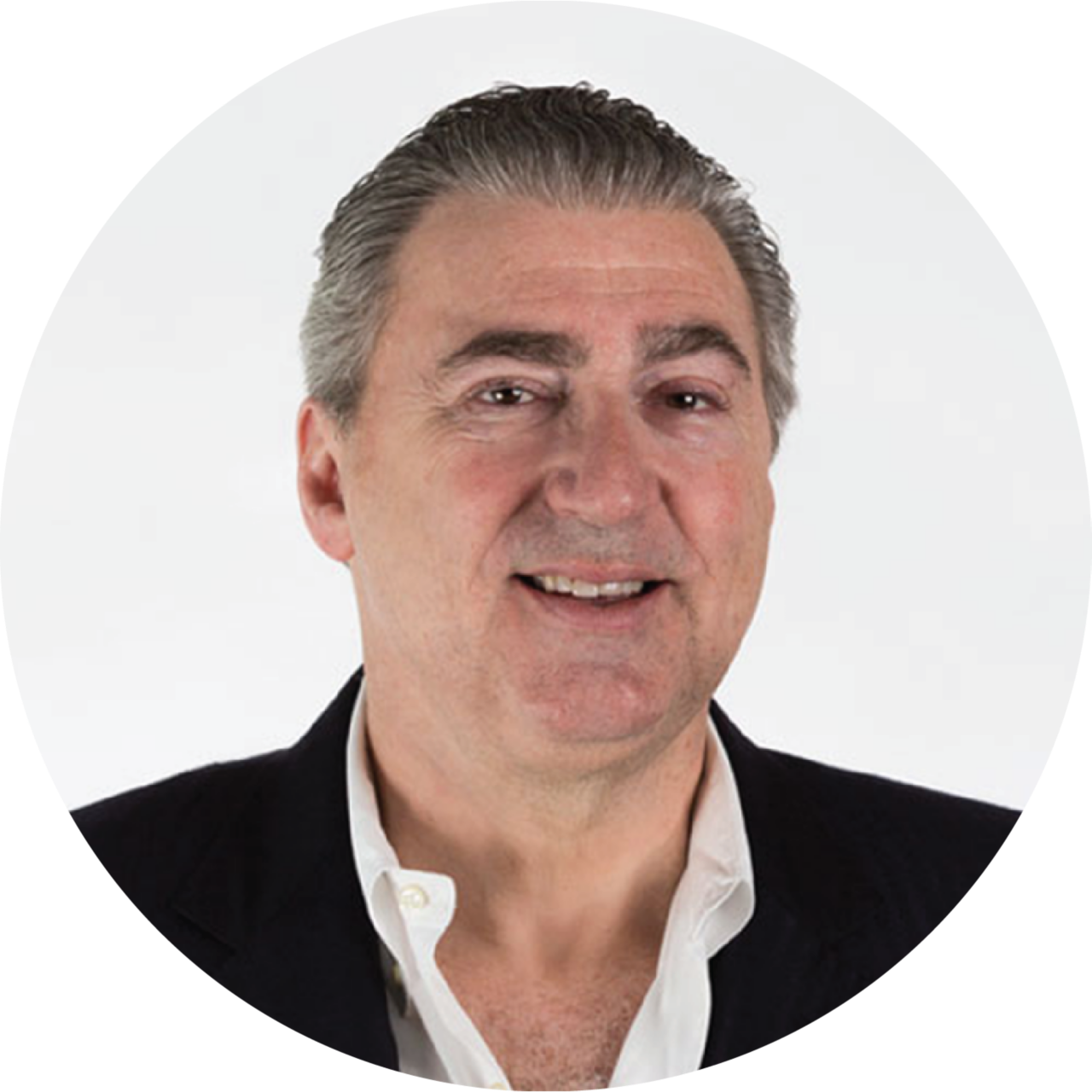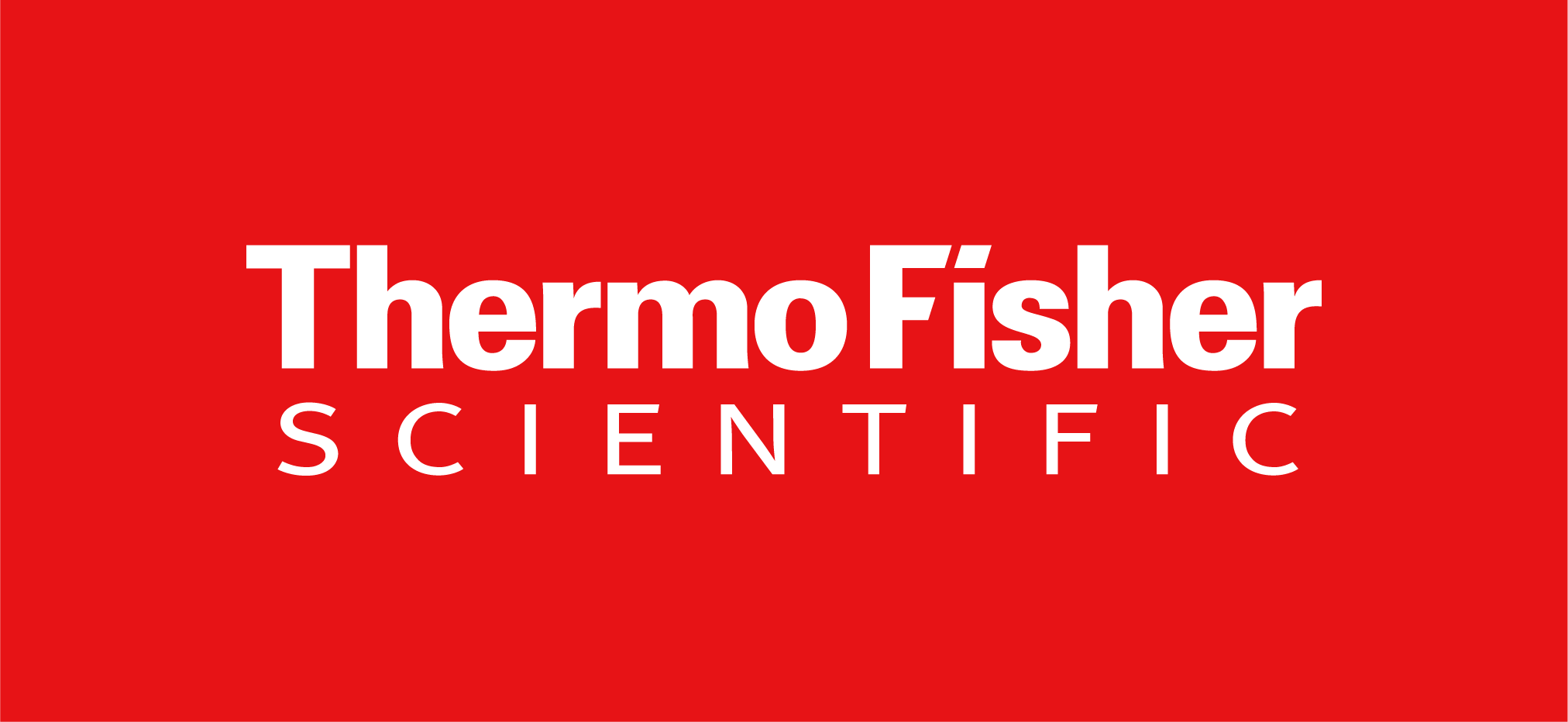
Video Highlight
Guest Profiles

Jeffrey Scott, M.D.
Chief Medical Office and President of Population Health Solutions at Integra Connect.
Noteworthy: Using real-world data, and advanced analytics, Dr. Scott's team is focused on making it easier for providers, health plans, and life science companies to embrace precision medicine in support of the transition to value-based care.
Where to find him: LinkedIn
Key Insights

The most critical part is to shorten the time between doing the test and getting the results. From there, doctors will be better positioned to provide the best care to the patient. ''There's always pressure from the patient, the family, and the physician to start therapy as soon as possible. [...] So getting that test earlier allows us to do the right thing for the patients, improve their outcomes, and frankly, reduce costs.
Staying up to date with changes is the most noticeable obstacle to providing targeted therapy. We expect medicine and science to advance, resulting in better solutions in healthcare. But sometimes, patients don't feel comfortable exposing themselves to new approaches, such as targeted treatments. However, Dr. Scott thinks differently. ''I don't think that patients would be the barrier because patients want the best therapy with the least toxicity. The barrier is rapid advance. I've been in oncology for a long time, and I think that relying upon what we learned in medical school, what we did in residency and fellowship, and during our training when things are changing so quickly, it becomes more difficult to stay ahead and to stay up to date. Most oncologists in the community are generalists, and those are the typical oncologists I work with. So we've brought tools and programs to help them so that whether it's AI tomorrow in their EMR — their medical record tool — or programs today, we wanna drive awareness and appropriate utilization.''
The good news is that we already have tools that ensure efficiency. They result from science and tech companies' continuous and joint efforts. ''Historically, I would have a patient with lung cancer, and I would have to call up the pathology lab at my hospital — because I don't make that diagnosis in my office — and I'd have to ask them to send tissue or blocks via FedEx or UPS to a third party. So there's travel time. Then it would take two or three weeks for that third-party lab to do the analysis. And then, I would get back a report, and typically it'd be 26 to 29 days from that asking to have the test submitted. Now we have companies doing what's called a liquid biopsy or using liquid specimen blood where they can do a very similar analysis. [...] It can be as soon as eight days. So that's one event. The other advance, which is even more exciting, is the ability of clinics or hospitals to put the type of equipment we call next-gen sequencing testing tools into their practice. And if you do that, you eliminate the shipping time there and back, and theoretically, you could get results in three to five days.''
Episode Highlights

Dr. Scott's Perspective on Targeted Therapy and Precision Medicine
"I've been in oncology since the ‘80s. Over the last 30-plus years, it’s evolved from using drugs that would hurt cancer cells because they were dividing and growing, but they were non-specific. They would affect other cells in the body as well.
And over this period of time, science has advanced. [...] therapy of cancer has become more specific and targeted, and that's enabled so much improvement in outcomes."
Technology Grows, and Medicine Must Follow to Ensure the Most Desired Outcome
"When I think today of what an oncologist goes through and makes a decision on treatment compared to what it was like in the late ‘80s, it's mind-boggling — all these new targets and drugs.
And so, one of the things that we work with — beyond understanding behaviors and developing programs to improve physician delivery — is the work we do with AI and other tools. In the future, it's going to be AI helping the physicians keep up with a plethora of new data that comes out so that they can give the right drug to the right patient at the right time."
Access to Real-World Data Drives Positive Change in Medicine
"One of the real advances in medicine — not on the science and the patient delivery side but in the understanding — has been the use of the electronic medical record (EMR), and the availability of real-world data that allows us to ask questions. [...]
We went into a large program of dashboards and education to drive awareness, and the culmination of that was the ASCO poster.
So we looked at three different populations. We looked at a population where we waited, got the results, and gave the right drug. For a second population where we didn't want to wait, we started therapy and switched it pretty quickly to the right drug. And a third population started therapy, and the physician elected to wait until the next line of therapy, or later, to switch the drug.
As a physician, I was surprised by the results. I thought it was okay to start treatment and then switch. But the results of our research showed that you could improve patient outcomes by giving the right drug at the beginning. And so now the message to the physicians that we work with is, 'Yes, you should test.'"

